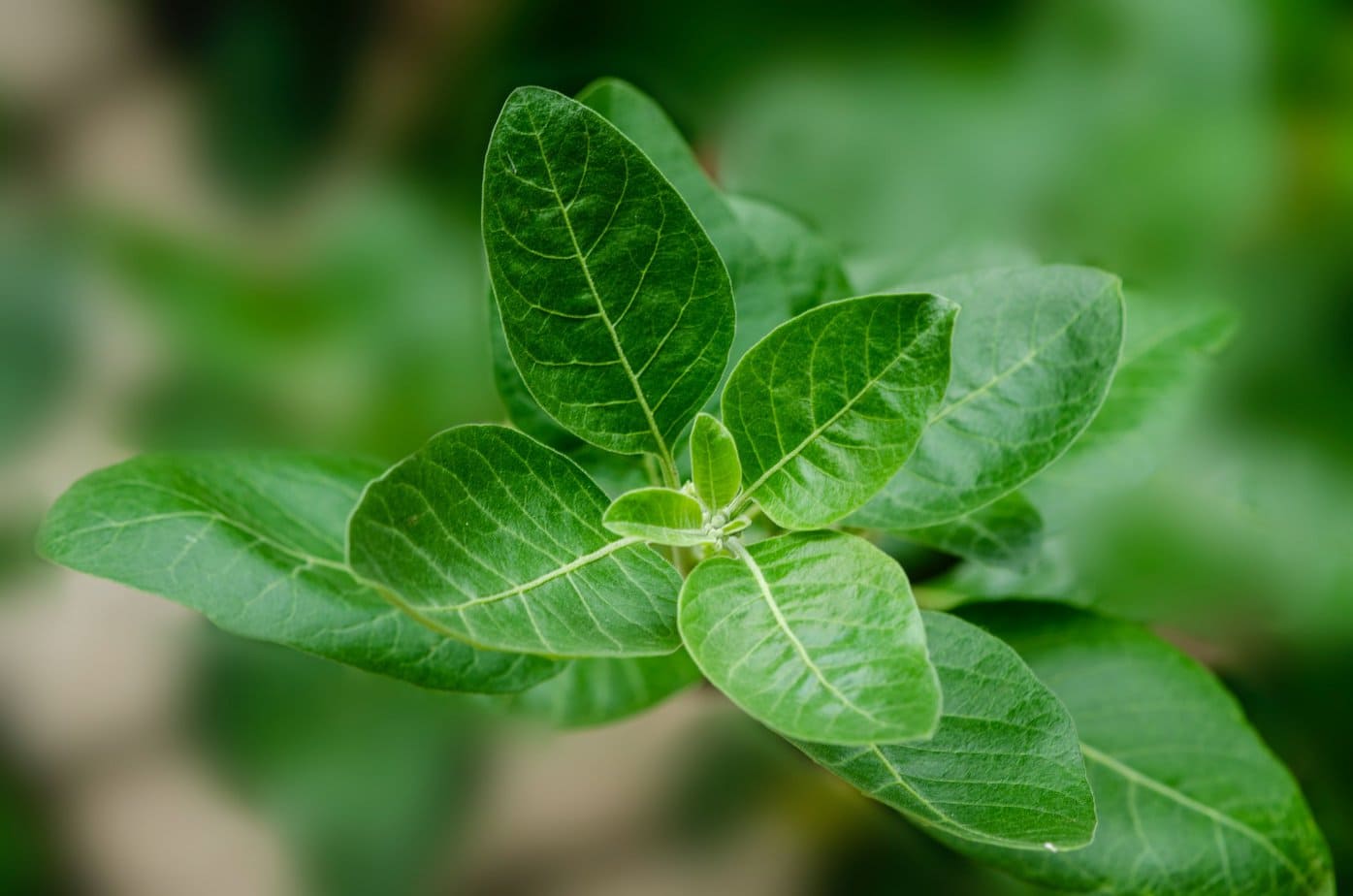
In Ayurvedic medicine it has been known for thousands of years, in Poland relatively recently. Ashwagandha is a plant with excellent health-promoting properties. Wondering if and how it can benefit you? Find out exactly what ashwagandha is, what ailments it helps with, and how to take it. We describe everything below.
Ashwagandha, or Indian ginseng, vitania, winter cherry, sleepyhead, is a plant found primarily in Southeast Asia, but also in Mediterranean countries, Australia and Africa. It has been used in traditional Ayurvedic medicine for centuries. It is classified as an adaptogenic plant, which means that it helps our body return to balance, for example, in stressful situations. However, its positive effects on the body are much broader, as we will discuss in a moment. Ashwagandha is rich in alkaloids, vitanolides, flavonoids, saponins and coumarins, among others.
We have no doubt that ashwagandha is one of the plants with the widest range of medicinal properties. What exactly does it affect? Why is it worth taking? Here are the properties of the winter cherry:
We can take ashwagandha in the form of powder or tablets (capsules), always according to the manufacturer’s recommendations – after a meal. Importantly, if we want to observe positive effects, regular supplementation lasting eight weeks is necessary. Then wait a month and repeat it.
Although Indian ginseng has positive effects on the human body, but as with everything – some people can not take it. It is best to consult a doctor beforehand, but such people include:
main photo: unsplash.com/Bankim Desai